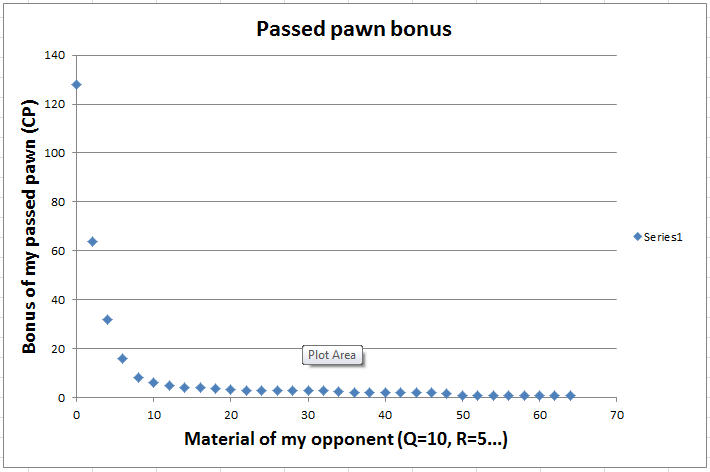Desperado wrote:
The result values of the regression algorithm described at the beginning of the thread are the problem.
Think of a single value for the queen which may be 800, but if i measure values depending on phase i do not get values like [mg,eg] / [750,850] but
it looks like [200,1400] for example.
So, it doesn't matter what i do, the computed result values are somehow crazy. I simply do not know how to change the algorithm and avoid these kind of drifts.
In my param tuning, I start with the default engine value. Say
1. Tune queen value
2. Get default value say 999
3. Add 2, that would become 1001
4. Do the fitness
5. If not good Subtract 999 by 2, that would become 997
6. Do the fitness
But even though I increment and decrement the param as the tuning continues,
I do not allow the algo to exceed the param min and max values of every parameter. I respect the engine setting like the ff.
Code: Select all
option name QueenValueEg type spin default 999 min 950 max 1200
The minimum of this param is 950 and the maximum is 1200.
Once the param reaches 1200, the tuner will not tune it above 1200.
Do you allow your tuner to tune to any values?

